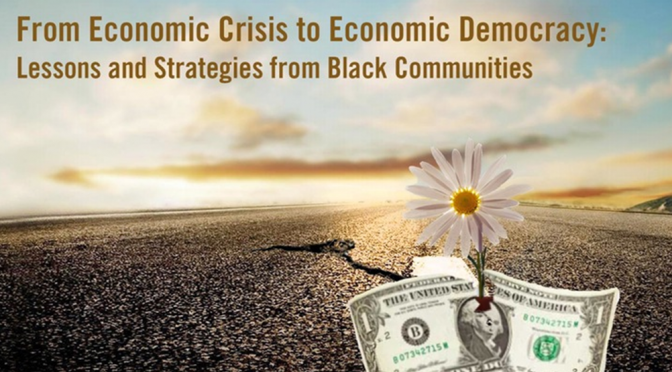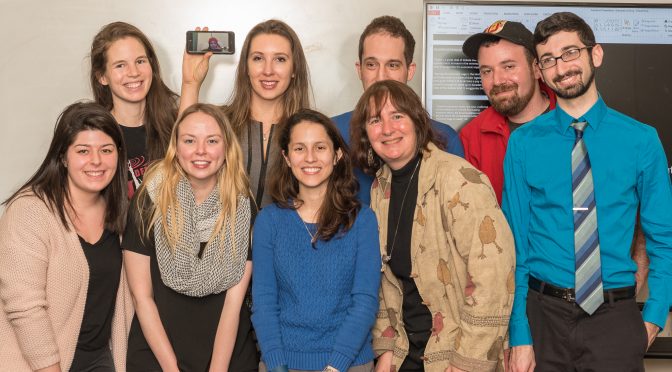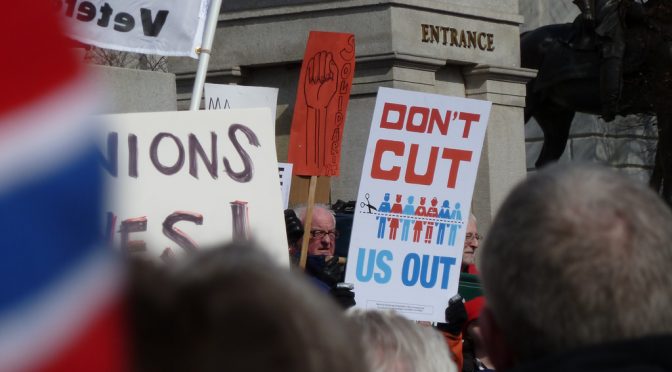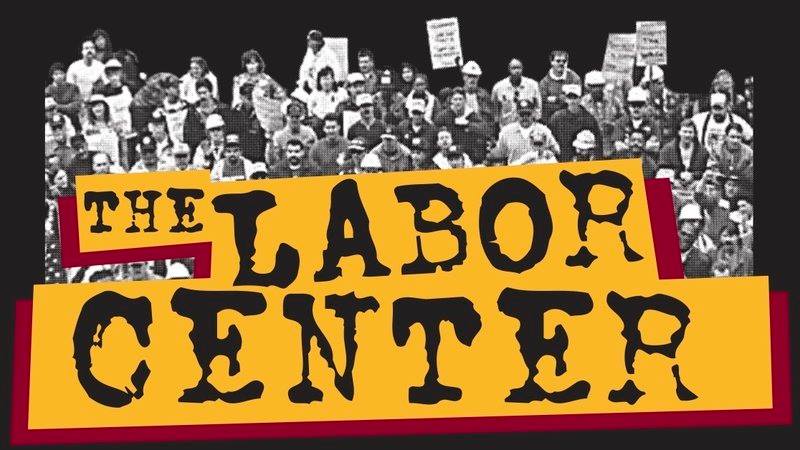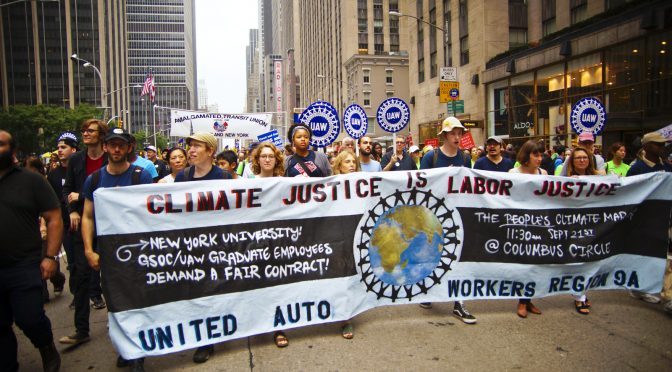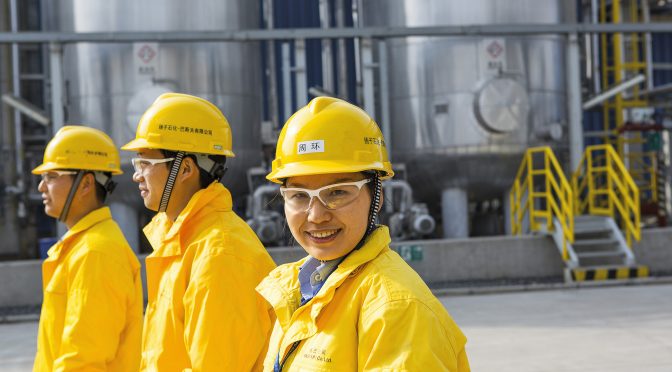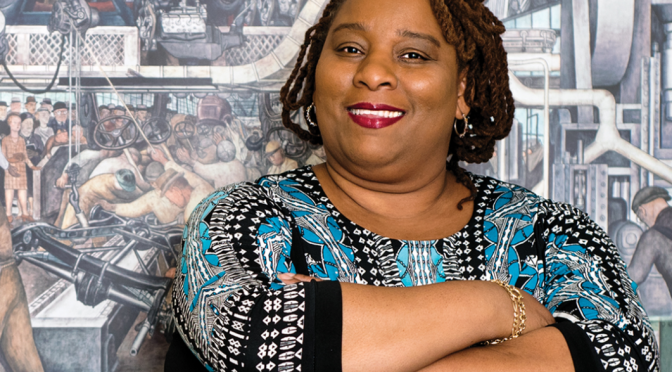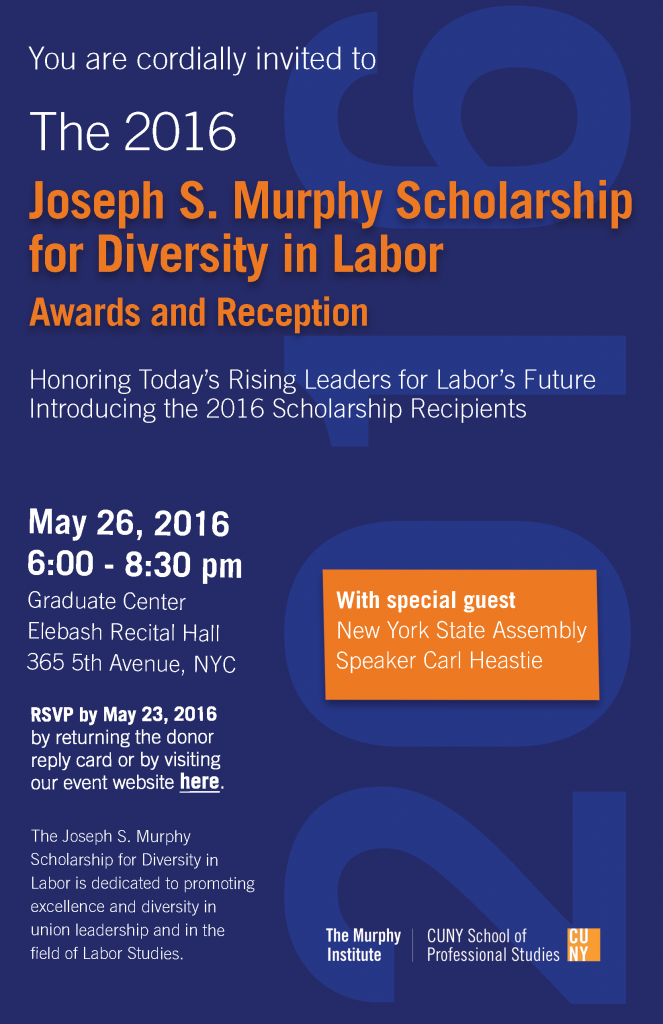Taught by Evan Casper-Futterman
With Guest Lectures by Dario Azzellini
This class will be cross-listed in the Masters Programs of both Labor and Urban Studies. Speak to your adviser about registration.
Monday nights at the Murphy Institute
In the 1950s, labor unions claimed membership in 35% of the workforce. Today, density of labor unions outside of government employees is 6.7%. This precipitous decline in the economic and political power of working people begs the question: who will act as the countervailing economic and political forces to capital and inequality in the 21st century? This course will identify and examine multiple forms of workers’ self-management and cooperative enterprises and institutions throughout history, both as a reaction to economic crisis and as a coherent vision for a humane and just society. The course explicitly approaches cooperatives and self-management not as an “alternative business model,” but as part of labor history and labor struggles. This reconnects the idea of cooperatives to their origins and shows the potential of cooperatives in putting forward different values for a more just and participatory politics, economics, and society.
Faculty:
Evan Casper-Futterman is a 3rd generation New Yorker living in the Bronx. He earned a master’s degree in Urban and Regional Planning from the University of New Orleans in 2011, was a White House Intern in the Spring of 2012 in the Domestic Policy Council’s Office of Urban Affairs and a Research Fellow for the US Federation of Worker Cooperatives. He is currently a doctoral candidate at the Bloustein School of Urban Planning and Public Policy at Rutgers University, studying economic democracy and economic development. He is on the Board of Directors of the Cooperative Economics Alliance of New York City (CEANYC). His writing has been published in The Lens and The Huffington Post, as well as the peer-reviewed Berkeley Planning Journal. He contributed a chapter in the edited volume, The Unfathomable City: A New Orleans Atlas (2013).
Dario Azzellini, Murphy Institute visiting scholar, is a political scientist, lecturer at Johannes Kepler University in Linz, Austria, writer and filmmaker. He has published several books, essays and documentaries about social movements, privatization of military services, migration and racism, including An Alternative Labour History: Worker Control and Workplace Democracy. His research and writing focuses on social and revolutionary militancy, migration and racism, people’s power and self-administration, workers control and extensive case studies in Latin America.

